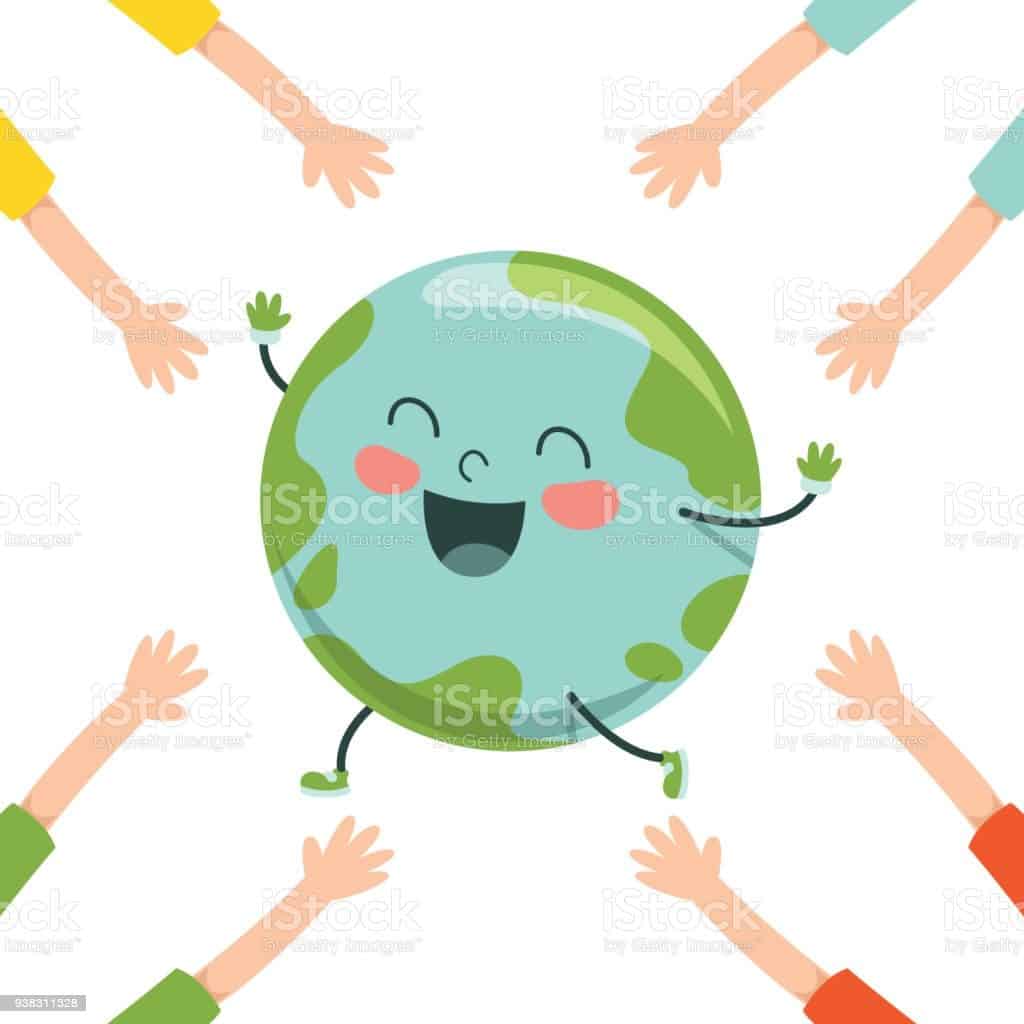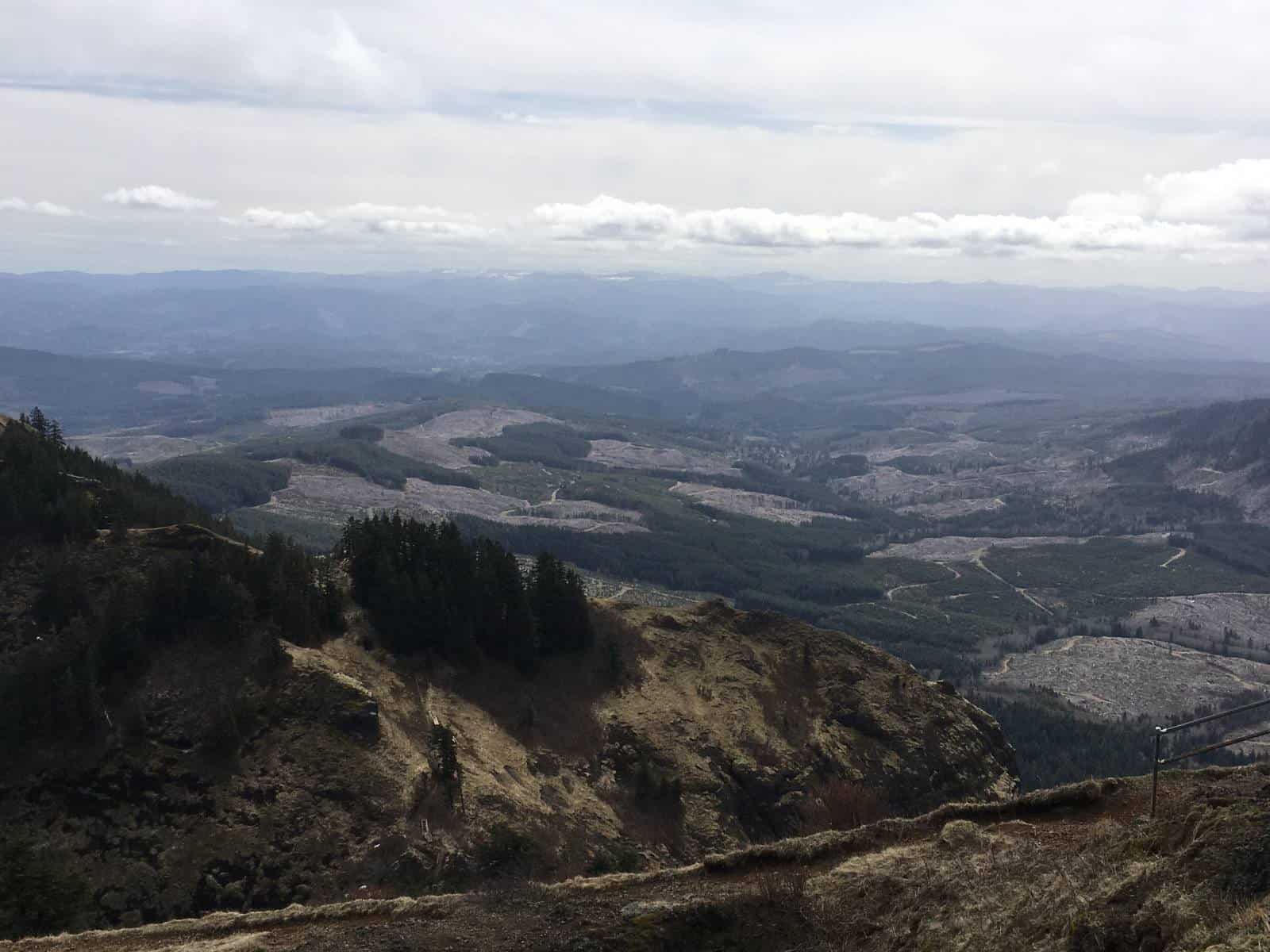“Human beings are the component left out of the survival equation by the environmentalists except in generalized ‘underdeveloped’ nation statistics, and as objects of blame for the whole mess in the industrialized countries and, of course, as suicidal breeders in the colonies.”
Huey Newton, founder of the Black Panther Party, reflecting on Earth Day in 1970
In 1969, Senator Gaylord Nelson of Wisconsin, outraged by the huge oil spill off the coast of Santa Barbara and inspired by the success of anti-Vietnam War teach-ins, initiated a national grassroots mobilization of 22 million Americans for the first Earth Day. (Real Matters News’ short, comical video provides a great summary.) Fifty-one years later, the day dedicated to “saving the planet” is still going strong!
Or is it?
“International Greenwashing Day” – one of my XRPDX colleagues dropped that snarky comment into the Zoom chat as we were discussing an action for Earth Day 2021 in downtown Portland. In HEATED magazine, Emily Atkin moaned how environmental journalists like her have their inboxes flooded with every conceivable greenwashing and virtue-signaling pitch. A search of Earth Day 2021 resources brings up mostly child- and family-focused things to do, including making a big sun sign out of “all those Amazon boxes you have sitting around”. Yeah, right. How ‘bout not buying from union-busting, worker-maiming Amazon in the first place?

Which brings me back to the critique from Black Power leader Huey Newton. He was likely reacting to this statement by Senator Nelson: “Make no mistake, any national policy on the environment that is worth its name must mean attacking the problem of our cities and the poor as much as it means providing national parks and scenic rivers.”
While Senator Nelson meant well, his framing of “our cities and the poor” as “the problem” to be attacked inadvertently revealed the implicit racism and classism of the Earth Day project. No urban Black or Brown person or organization was recognized by Senator Nelson as a leader or role model in dealing with the pollution crisis. And to whom were “national parks and scenic rivers” provided? Overwhelmingly, middle- and upper-middle class white families for recreation, while “overpopulation” was presented as a crisis in the Third World and “minority” communities in the United States. Newton called out this dog-whistling, coded language for what it was: BS!
Although Senator Nelson voted against funding the US war on Vietnam, he did not center the demand to end the war, let alone pay reparations for the devastating ecocide of Agent Orange and saturation bombing on Southeast Asia, in his Earth Day messaging. US militarism was then, as it continues today, the unmentionable Elephant in the Environmental Discourse Room.
Decisions in the initiation of Earth Day, including organizational outreach, messaging, goal-setting, and event organizing, have had long-lasting consequences. Imagine if Senator Nelson had started the Earth Day project by actually listening to Black, Latino and Indigenous people or low-income urban residents of any ethnicity. Imagine if justice for living beings, not just federal regulation of natural “resources,” had been centered in Earth Day demands. Imagine if a multi-ethnic, multi-class, multi-generational coalition had been empowered to take on the issues of environmental and social degradation.
Imagine if Buffy Sainte Marie (“Now That the Buffalo’s Gone”) and Gil Scott Heron (“We Almost Lost Detroit”) had been the musical voices of the new movement.
Imagine if Earth Day, and the environmental movement overall, had not been so easily co-opted into “green” consumerism and once-a-year craft and trash pickup projects. A reckoning with the history of Earth Day provides grim but necessary lessons for the climate movement.
Well, we’re here now. The Fourth Demand is a start. Now we just have to live up to it.

